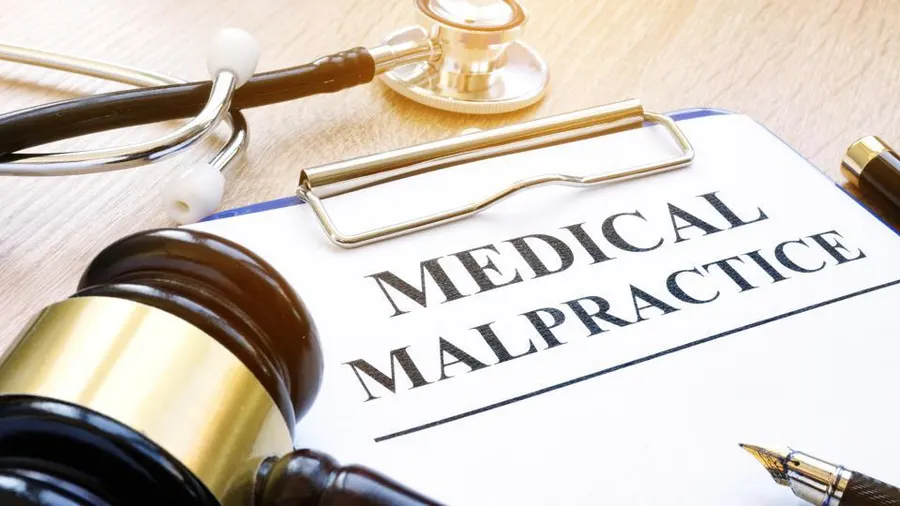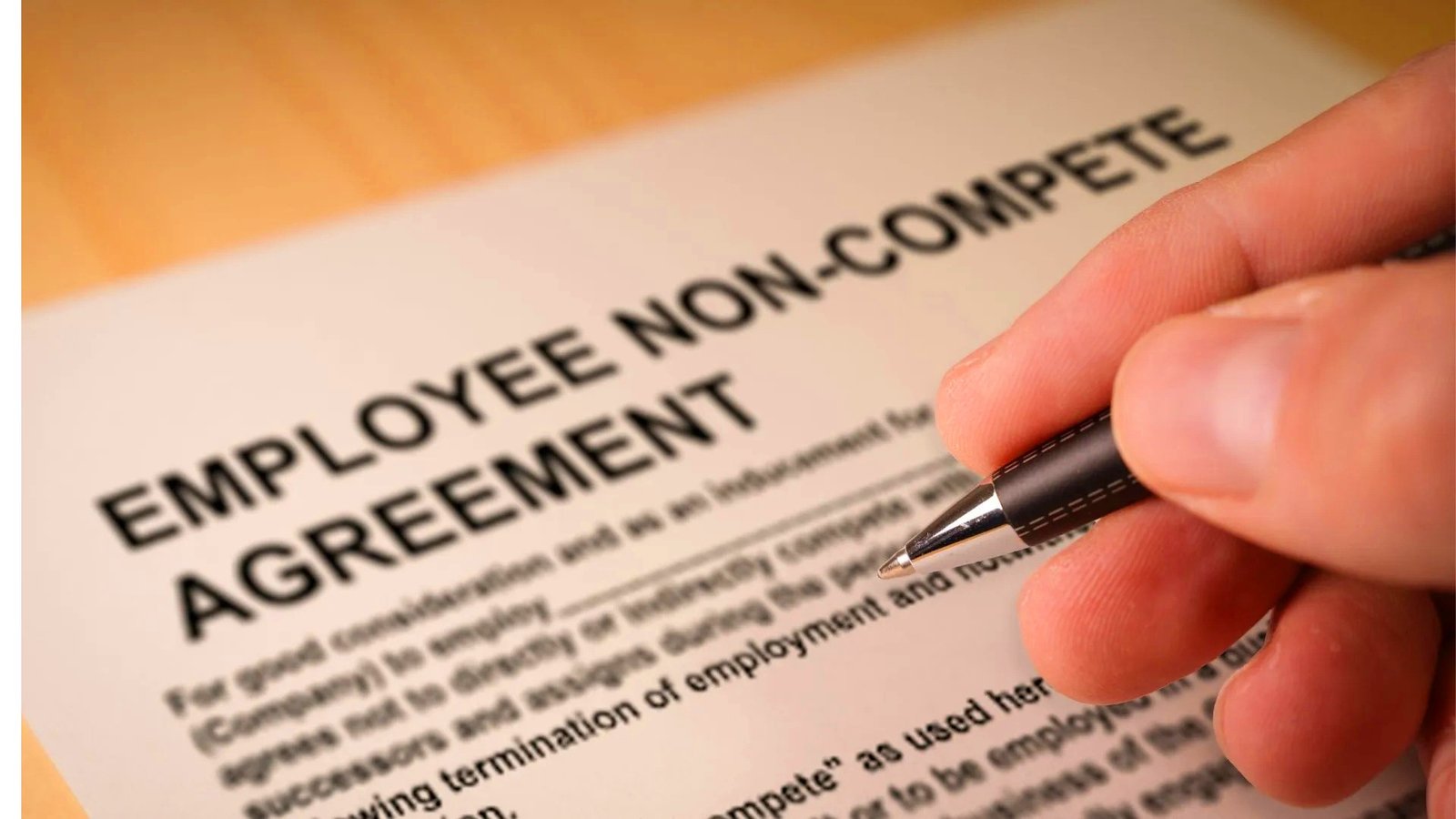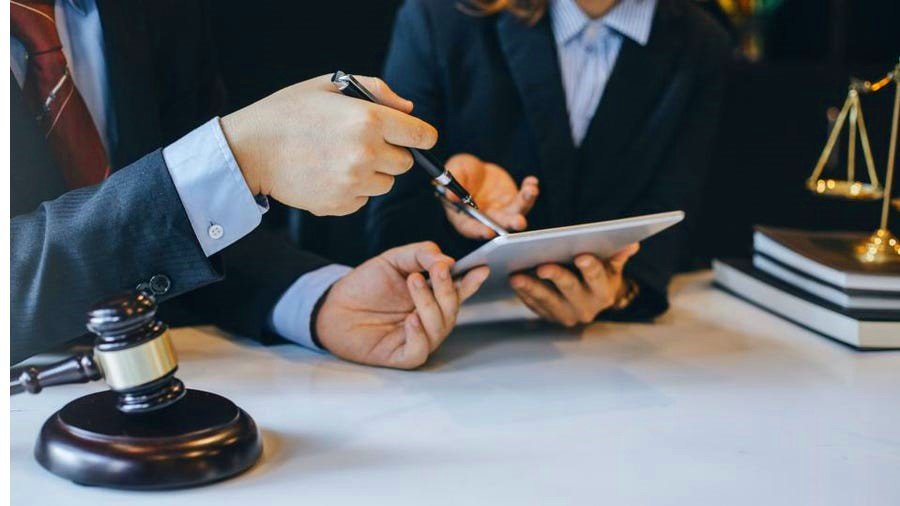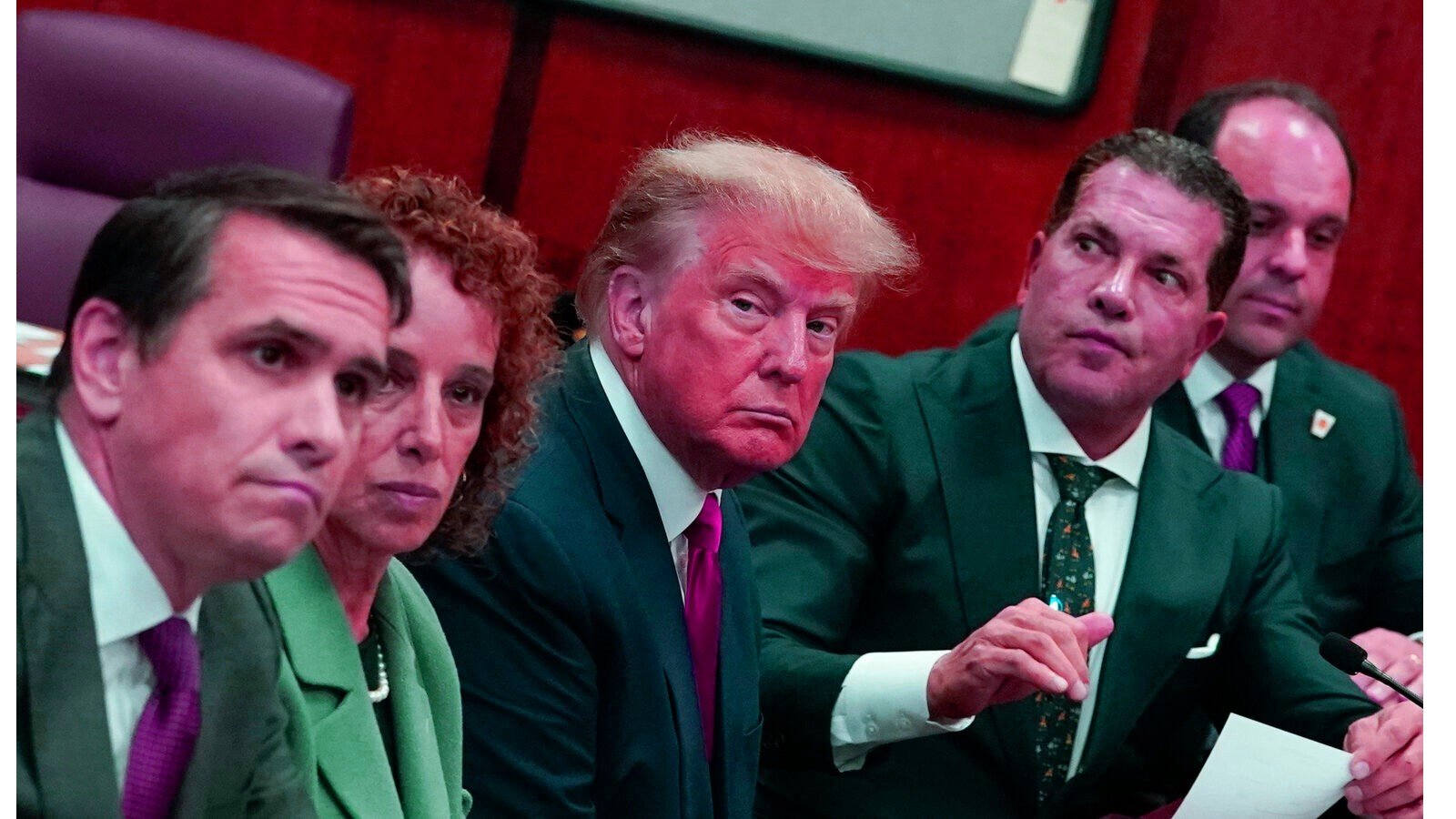Liability for Maritime Pollution Laws
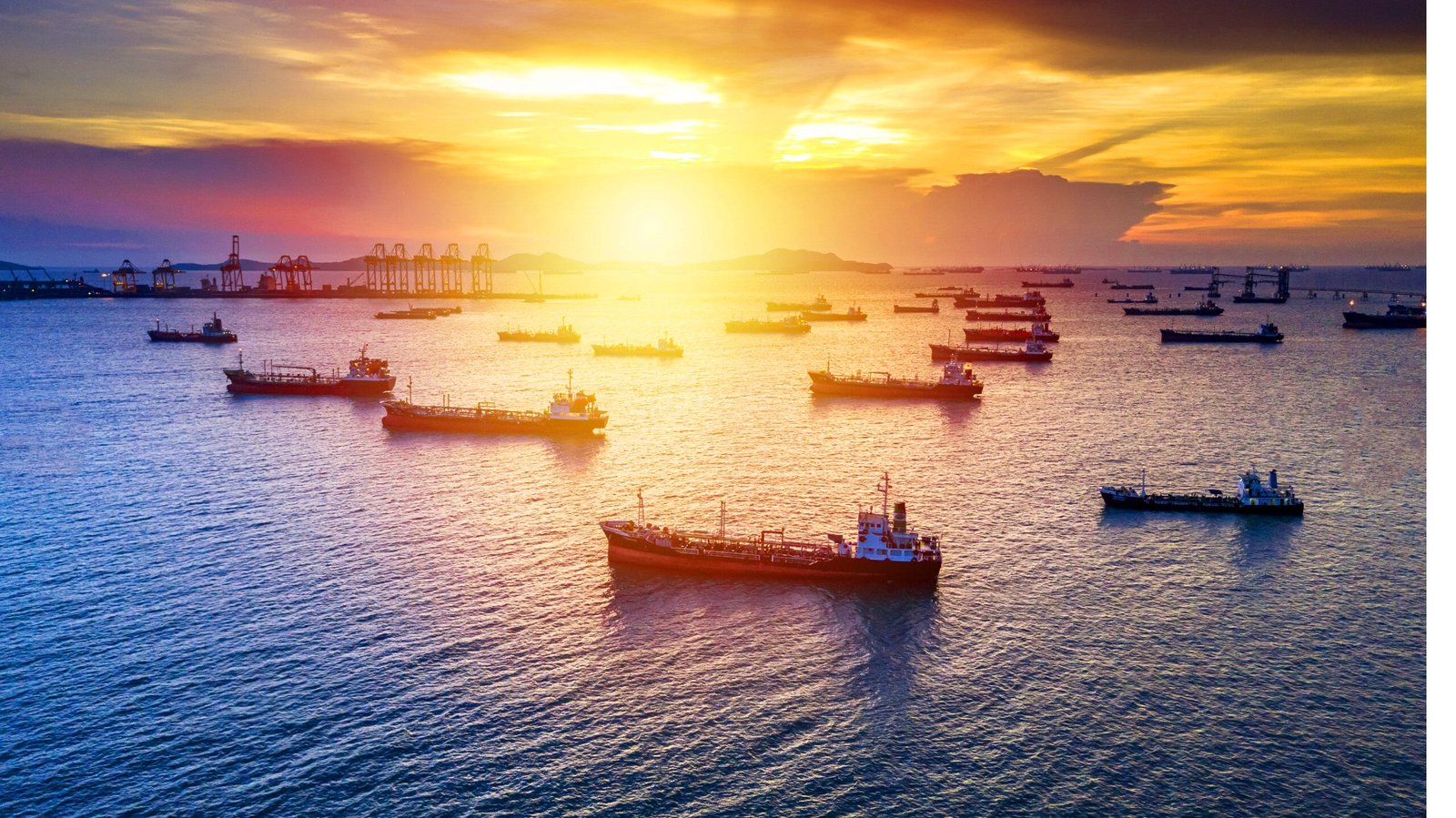
Maritime pollution poses a grave threat to the world’s oceans and ecosystems, requiring stringent legal measures to hold responsible parties accountable. This article explores the liability aspects of maritime pollution laws, delving into the causes, international legal frameworks, recent developments, challenges, and future trends.
Major Causes of Maritime Pollution
Oil Spills
Oil spills are a significant contributor to maritime pollution, resulting from accidents, negligence, or deliberate actions. The consequences on marine life and coastal ecosystems necessitate robust regulations to prevent and address such incidents.
Chemical Discharges
The discharge of hazardous chemicals into the sea poses a severe threat to marine ecosystems. Stringent regulations are essential to control and monitor chemical discharges, holding responsible parties liable for any environmental damage.
Ballast Water Pollution
Ballast water, essential for maintaining ship stability, often carries invasive species that can disrupt local ecosystems. Addressing ballast water pollution requires comprehensive regulations to prevent the spread of harmful species.
International Maritime Laws
The international legal framework for maritime pollution is anchored in conventions such as the MARPOL Convention, UNCLOS regulations, and various liability conventions. These instruments establish guidelines for preventing and responding to pollution incidents on a global scale.
MARPOL Convention
The International Maritime Organization’s (IMO) MARPOL Convention sets forth regulations for the prevention of pollution from ships. The convention includes annexes addressing different types of pollution, such as oil, chemicals, sewage, and garbage.
UNCLOS Regulations
The United Nations Convention on the Law of the Sea (UNCLOS) outlines the rights and responsibilities of nations concerning the use of the world’s oceans. It provides a framework for addressing pollution and defining jurisdictional boundaries.
Liability Conventions
Liability conventions, such as the International Oil Pollution Compensation Funds (IOPC) and the Bunker Oil Pollution Damage Convention, establish liability limits for shipowners and operators. These conventions ensure that those responsible for pollution incidents bear the financial burden of cleanup and compensation.
Liability for Maritime Pollution
Shipowner’s Liability
Strict Liability
Shipowners are often held strictly liable for pollution incidents caused by their vessels. This means they are responsible for damages regardless of fault, emphasizing the need for preventive measures and due diligence.
Limited Liability
While strict liability exists, there are limitations on the extent of a shipowner’s liability. These limitations aim to strike a balance between holding parties accountable and preventing excessive financial burdens that could hinder the shipping industry’s viability.
Charterer’s Responsibility
Charterers, who lease vessels, also share responsibility for pollution incidents. Ensuring clear contractual obligations and compliance with international regulations is crucial to preventing and addressing pollution issues.
Liability of Port Authorities
Port authorities play a role in preventing pollution by enforcing regulations on incoming vessels. Holding port authorities accountable for their role in pollution prevention adds a layer of responsibility within the maritime industry.
Recent Developments in Maritime Pollution Laws
Amendments to MARPOL Annexes
Recent amendments to MARPOL annexes aim to enhance pollution prevention measures, incorporating new technologies and stricter standards for ship design and operation.
Emerging Technologies for Pollution Prevention
Innovations such as advanced oil spill detection systems and eco-friendly ship designs contribute to reducing the risk of maritime pollution. Embracing these technologies is essential for the industry’s sustainable future.
Increased Fines and Penalties
Governments and international bodies are imposing higher fines and penalties for non-compliance with maritime pollution regulations. This shift signals a commitment to strict enforcement and acts as a deterrent against irresponsible practices.
Read More: Medical Malpractice Laws and Patient Rights
Challenges in Enforcing Maritime Pollution Laws
Jurisdictional Issues
Determining jurisdiction in maritime pollution cases can be challenging, especially when incidents occur in international waters. Establishing clear protocols for addressing jurisdictional challenges is crucial for effective enforcement.
Lack of Standardized Regulations
Diverse regulations across jurisdictions create challenges for shipowners and operators. Harmonizing and standardizing regulations would simplify compliance and enforcement efforts.
Technological Advancements vs. Regulatory Lag
The rapid pace of technological advancements in the maritime industry sometimes outpaces regulatory developments. Bridging this gap is essential to ensure that regulations keep pace with emerging technologies.
Case Studies
Notable Maritime Pollution Incidents
Examining past incidents, such as the Exxon Valdez oil spill and the Deepwater Horizon disaster, provides insights into the environmental and legal repercussions of maritime pollution.
Legal Outcomes and Implications
Analyzing the legal outcomes of prominent cases sheds light on the effectiveness of existing laws and the need for continuous improvement in the legal framework.
Corporate Responsibility and Best Practices
Corporate Environmental Policies
Shipping companies are increasingly adopting comprehensive environmental policies to reduce their ecological footprint. These policies include measures to prevent pollution and promote sustainability.
Industry Initiatives for Pollution Prevention
Collaborative initiatives within the maritime industry, such as the Poseidon Principles and the Getting to Zero Coalition, demonstrate a collective commitment to reducing the environmental impact of shipping.
Collaborative Efforts for Sustainable Shipping
Collaboration between governments, industry stakeholders, and environmental organizations is crucial for developing holistic solutions to maritime pollution. Shared responsibility ensures a more effective response to this global challenge.
Future Trends in Maritime Pollution Regulation
Potential International Treaties
The possibility of new international treaties addressing emerging challenges in maritime pollution highlights the need for proactive collaboration among nations.
Technological Innovations for Pollution Control
Ongoing research and development in pollution control technologies, such as advanced waste treatment systems and sustainable ship fuels, offer promising solutions for minimizing the environmental impact of maritime activities.
Public Awareness and Advocacy
Raising public awareness about the consequences of maritime pollution fosters support for stricter regulations and encourages responsible practices within the maritime industry.
Read More: Equal Opportunity and Workplace Discrimination Laws
Conclusion
In conclusion, addressing liability for maritime pollution requires a comprehensive and collaborative approach. The existing legal framework, while robust, faces challenges that need to be addressed through ongoing efforts in legislation, technology adoption, and global cooperation. Strict enforcement of regulations, coupled with a commitment to sustainable practices, is essential for safeguarding our oceans and marine ecosystems.
FAQs
What are the key international conventions addressing maritime pollution?
The key conventions include MARPOL, UNCLOS, and various liability conventions like IOPC and Bunker Oil Pollution Damage Convention.
How are shipowners held liable for maritime pollution incidents?
Shipowners are held strictly liable for pollution incidents, with limitations on liability to strike a balance between accountability and industry viability.
What recent developments aim to enhance maritime pollution prevention?
Recent developments include amendments to MARPOL annexes, emerging technologies, and increased fines for non-compliance.
How do jurisdictional issues impact the enforcement of maritime pollution laws?
Jurisdictional issues can complicate enforcement, especially when incidents occur in international waters. Clear protocols are crucial for effective enforcement.
What role do corporate environmental policies play in reducing maritime pollution?
Corporate environmental policies play a significant role in reducing maritime pollution by promoting sustainable practices and pollution prevention measures.



